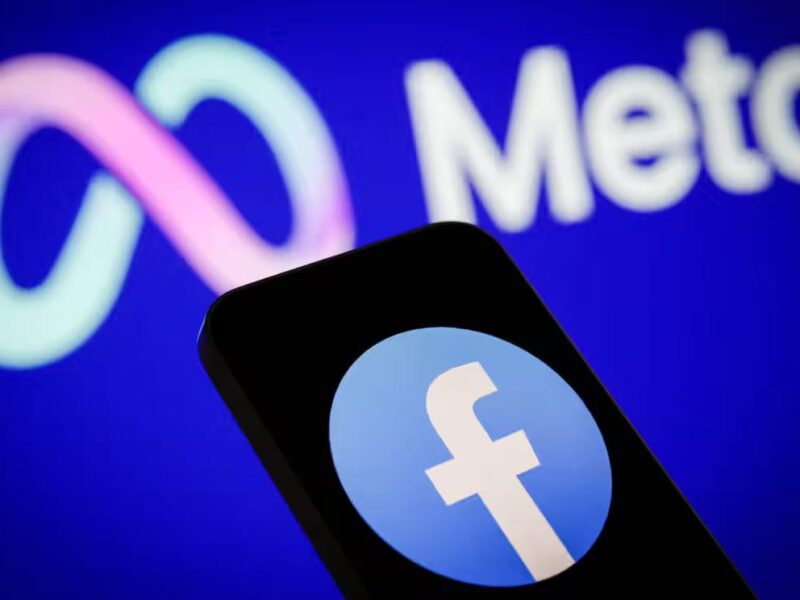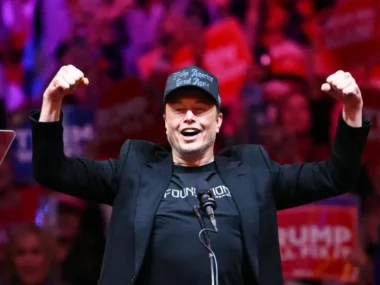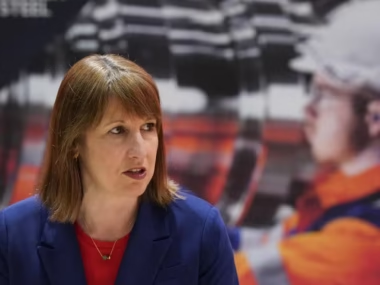The Wall Street Journal claims that following the US midterm primary elections in 2022, a policy was subtly established.
Facebook and Instagram are now permitted to post political advertisements on Meta, claiming that the 2020 election was rigged.
The Wall Street Journal, quoting persons familiar with the decision, claims that the policy was discreetly established in 2022 during the US midterm primary elections. Prior to the new rules, Republican candidates were not allowed to broadcast advertisements during the 2020 campaign claiming that Joe Biden stole the election from Donald Trump.
Political advertising will now be able to claim that previous elections were “rigged” or “stolen” thanks to Meta, but they will still not be able to contest the legitimacy of current or upcoming elections.
In anticipation of the highly anticipated online messaging contest for the 2024 presidential election, several social media companies have been modifying their standards.
X, formerly known as Twitter, announced in August that it would lift the restriction on political advertisements that it had imposed in 2019.
Reversing its position after the 2020 election, YouTube announced earlier in June that it will stop censoring video that erroneously claimed the 2020 election or any previous US presidential elections were fraudulent. “Openly debate political ideas, even those that are controversial or based on disproven assumptions,” according to the statement, is what the action aims to protect.
It is said that Meta also took free expression into account when making its choice. According to The Journal, the company’s head of global affairs, Nick Clegg, adopted the stance that it should not determine the legitimacy of elections.
According to the Wall Street Journal, Donald Trump lied in a Facebook advertisement he launched in August, which was reportedly only permitted due to the new regulations. The ad said, “We won in 2016.” Despite a rigged election in 2020, we received more votes than any other president in office.
In 2024, campaign advertisements that raise ethical concerns about elections may become much more prominent due to recent efforts by Meta to limit the quantity of political content posted naturally on Facebook.
“You can create hundreds of pieces of content in a matter of seconds and flood the zone,” stated Gina Pak, CEO of Tech for Campaigns, a Democratic-affiliated digital marketing group, in an interview with the Journal.
Meta has let go of over 21,000 workers in the last year, many of whom were involved in electoral policy.
Facebook was charged of having a negative impact on the US presidential election of 2016 by neglecting to stop the dissemination of false material before to the election, which saw Trump defeat Hillary Clinton. Fake news began to circulate on the network as non-journalists, including a cottage industry of adolescents living in Macedonia, established phony pro-Trump websites in an effort to profit from advertising when the stories went viral. Examples of these stories included claims that the pope had endorsed Trump or that Clinton was a murderer.
Afterwards, Trump used the term “fake news” to disparage reputable media outlets who exposed his own lies.











